
Embracing the Cycle of Life, Death, and Renewal: Exploring the Power of Love
I feel blessed to have had a mystical experience years ago, including a glimpse into the mystery of resurrection and life after death. While not

I feel blessed to have had a mystical experience years ago, including a glimpse into the mystery of resurrection and life after death. While not

Around 35 years ago, I founded my first clinic in Norwalk, CT. It was there that I met a young breast cancer patient who forever
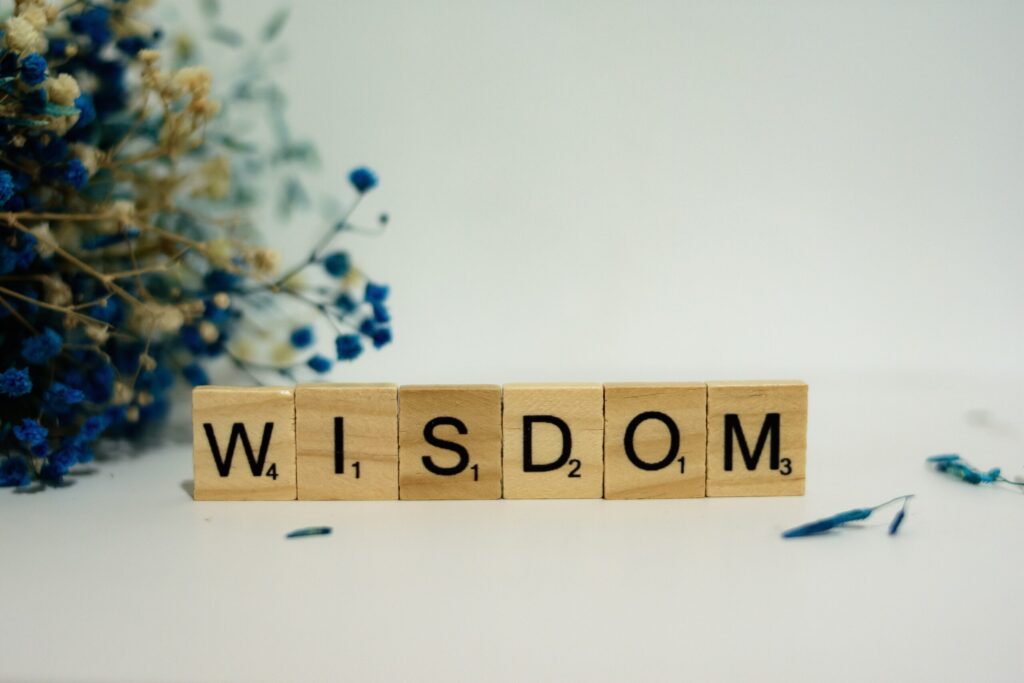
Wouldn’t it be nice if we could avoid making snap judgments, both in our everyday lives and in the field of medicine? In our daily
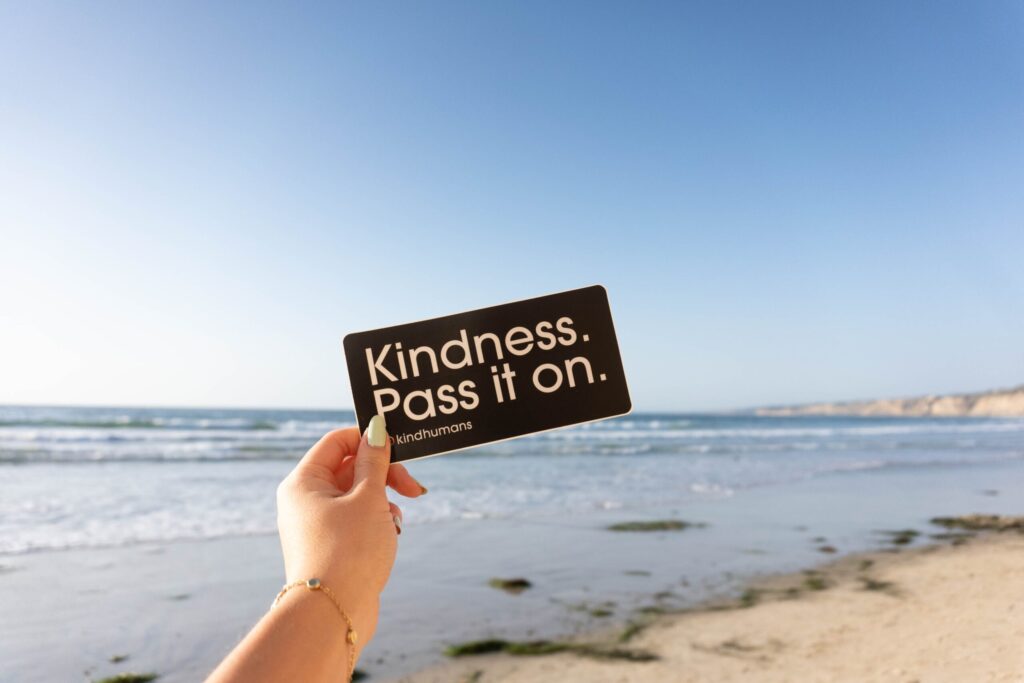
Unlocking Happiness, Cardiovascular Health, and Longevity God is not found in the soul by adding anything, but by a process of subtraction.Meister Eckhart, sermon on
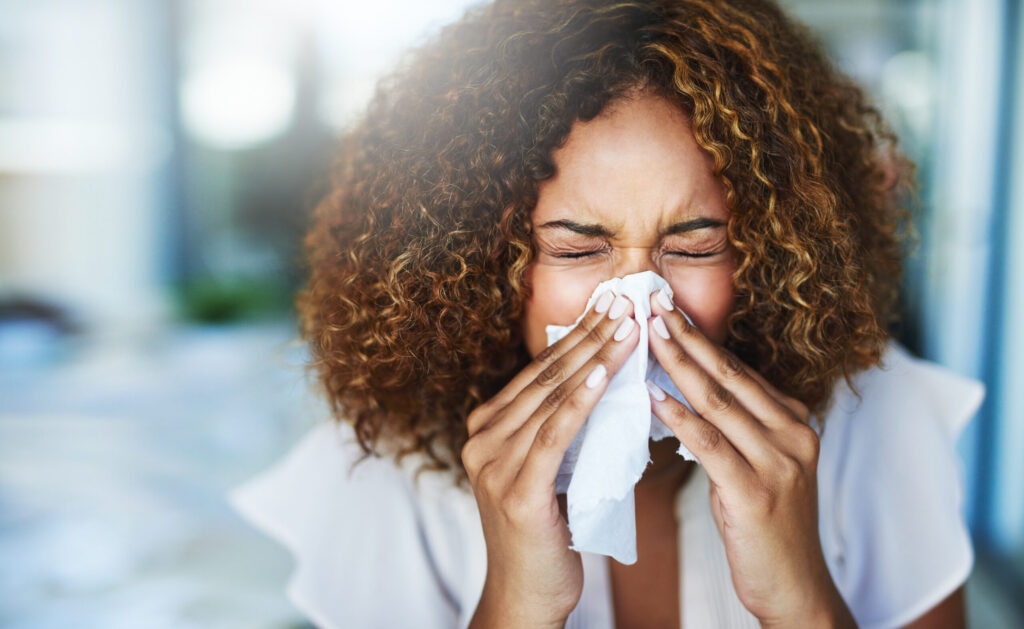
Do multiple COVID-19 vaccines weaken the immune system? We’re indeed all trying to put the pandemic behind us. Despite this, I think it’s important not
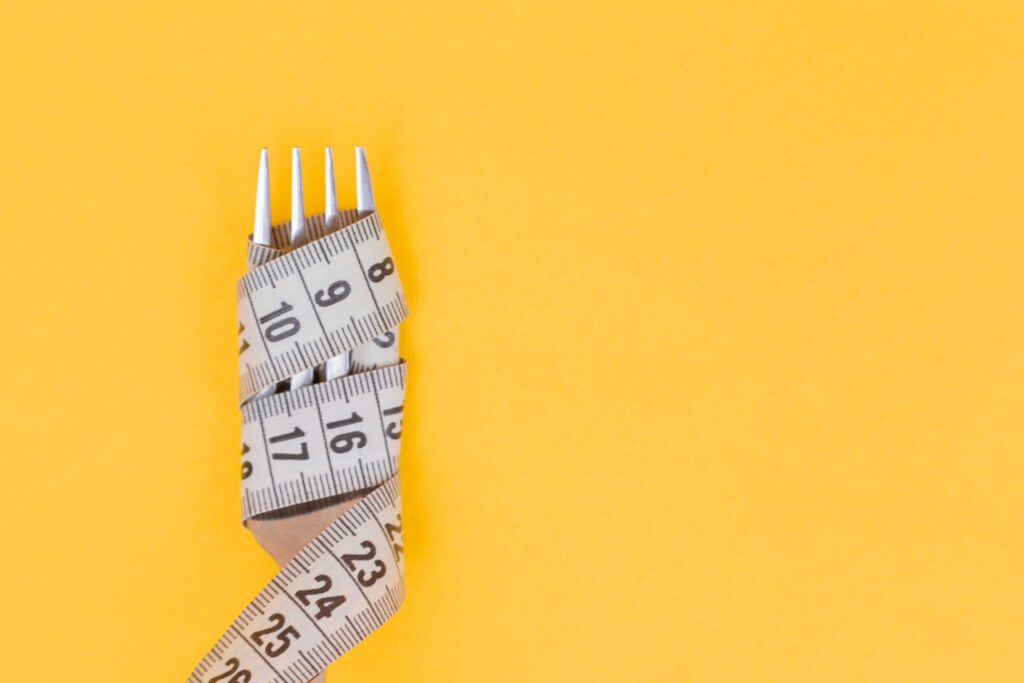
Guiding Principles for Healthy Eating If you’ve struggled to lose weight and found it difficult to maintain it, you can blame it on evolution. The

This is what you should know before you buy. By Donnie Yance “Everybody needs beauty as well as bread, places to play and pray in,
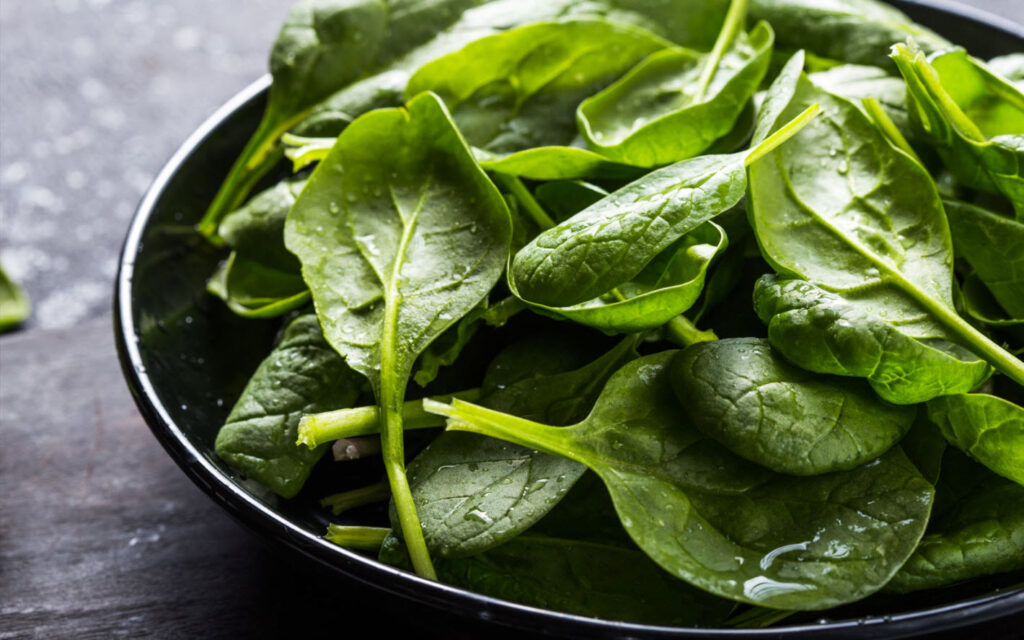
Have you heard some buzz about oxalates in spinach and other leafy vegetables? A theory that’s been gaining popularity among those interested in nutrition is

Reflections for Easter, Passover, and Spring By Donnie Yance Just before Christmas, I lost my youngest sister Gi Gi, to a sudden accident. She was